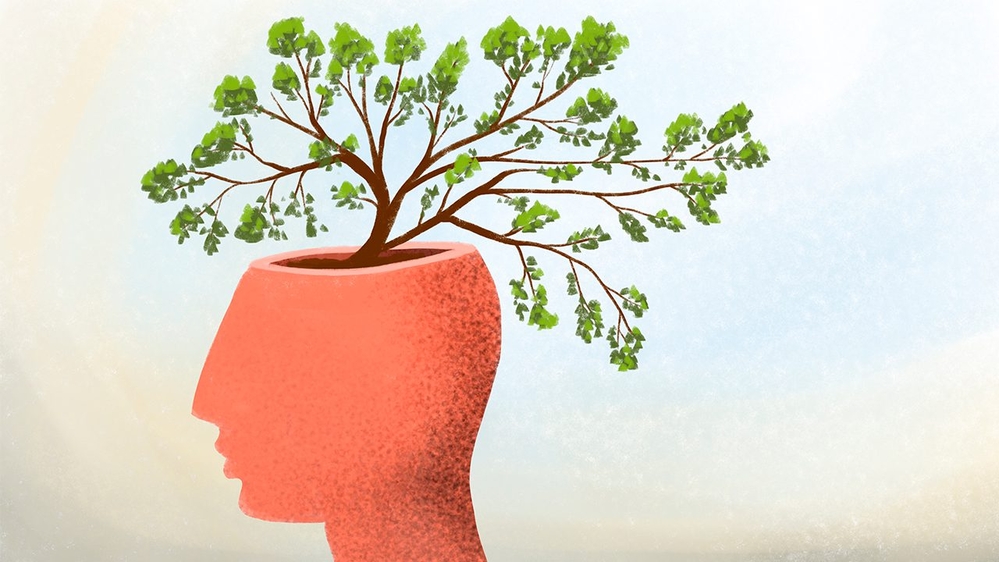ABOUT THIS WEBINAR
Since the early 2000s, over 439,609 service members have been diagnosed with traumatic brain injury (TBI). Most traumatic brain injuries sustained by members of the U.S. Armed Forces are classified as mild TBI, also known as concussion. While many concussions resolve within a few weeks, there can be challenges related to recovery. In addition, there may be factors that affect the quality of life for survivors of moderate or severe TBI. Families and friends play a critical role in supporting the health and well-being of individuals with TBI. It is important to recognize the emotional, physical and financial toll that can be associated with caregiving. This webinar will provide education and insight into TBI caregiver resources, common concerns, self-care strategies, current research and identify best practices to improve caregiver quality of life.
Learning Objectives:
- Summarize common findings and potential symptoms of traumatic brain injury.
- Differentiate cognitive, physical, and emotional changes that may result from TBI.
- Recognize impact of caregiving.
- Identify needs, self-care strategies and potential resources for caregivers to assist with targeted referrals.
PRESENTERS
Kristen Benson is the Regional Education Coordinator for the National Capitol Region and Great Lakes. She is a licensed social worker in the Commonwealth of Virginia, and earned her Master of Social Work degree at the University of Pennsylvania in 2020. As a UPENN Stephen A. Cohen Veteran’s Network Scholar, she specialized in military and veteran behavioral health and completed her advanced year internship with the Poly Trauma team at the Philadelphia VAMC. In addition to her work with the Traumatic Brain Injury Center of Excellence, she is a supervisee in psychotherapy for a private practice and is completing a Master of Business Administration degree with Johns Hopkins University Carey School of Business.
Gabriela Ryan is the former TBI Educator at the Tampa VA Polytrauma Network Site. She is a Certified Brain Injury Specialist. She is currently a first year medical student at Kiran C. Patel School of Osteopathic Medicine in Tampa, FL, as well as the Tampa VA Polytrauma Training and Education Support Coordinator. She is an 11 year US Army veteran and served overseas as both a combat medic and an intelligence officer. She completed her training in Mindful Resilience for Compassion Fatigue and Mindful Resilience for Trauma through the Veterans Yoga Project. Veterans Yoga Project is an educational and advocacy organization dedicated to improving the health and well-being of military veterans. She has experienced compassion fatigue herself as a military medical provider, a veteran caregiver, and a health professions student. She is passionate about spreading the word that compassion fatigue is normal, and that there are proven ways to shift toward compassion satisfaction and to restore purpose and passion as a caregiver or provider. She believes that the greatest wealth is health!
Courtney Sadler is a Regional Education Coordinator with the Traumatic Brain Injury Center of Excellence located in Richmond, VA. She is a passionate Certified Therapeutic Recreation Specialist (CTRS) and Certified Brain Injury Specialist (CBIS). She graduated from George Mason University with a bachelor’s degree in Health, Fitness & Recreational Resources and was awarded the Thomas L. Goodale award for outstanding student in Therapeutic Recreation. She graduated magna cum laude from George Washington University with a Master of Public Health and focus on social, behavioral & community health. Her areas of interest include the use of holistic care in treatment of brain injury, examining TBI co-morbidities and improving quality of life for veterans & service members with TBI.
CONTINUING EDUCATION (CE) CREDIT
- Social Work, LPC, LMFT: Programming approval for 1.0 CE credits will be obtained for Social Work, Licensed Professional Counselors, and Licensed Marriage & Family Therapists from the University of Texas at Austin, Steve Hicks School of Social Work. Check with your state licensing agency for reciprocity and/or credit approval if licensed for other professions or in one of the following states: CO, FL, HI, IA, KS, KY, MI, NY, ND, OH, OK
- Case Manager: This program has been submitted to the Commission for Case Manager Certification for approval to provide board certified case managers with 1.0 clock hours.
- Board Certified Patient Advocates: This program has been pre-approved by The Patient Advocate Certification Board to provide continuing education credit to Board Certified Patient Advocates (BCPA). The course has been approved for a total of 1.0 CE contact hour, of which 0.0 are in the area of Ethics.
- Certified Family Life Educators (CFLE): This program has been approved by the National Council on Family Relations (NCFR) for 1.0 CE credit for CFLE.
- Certificates of completion are available for providers interested in documenting their training activities.


Comments (1)